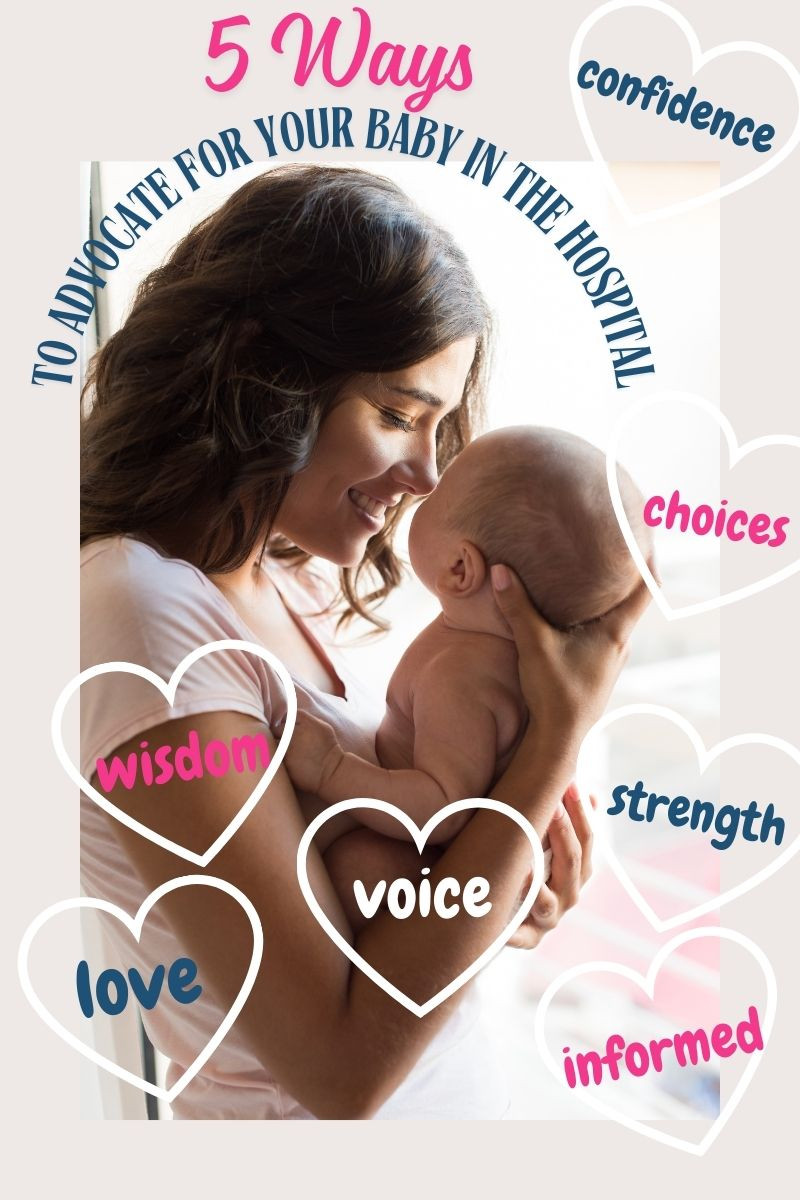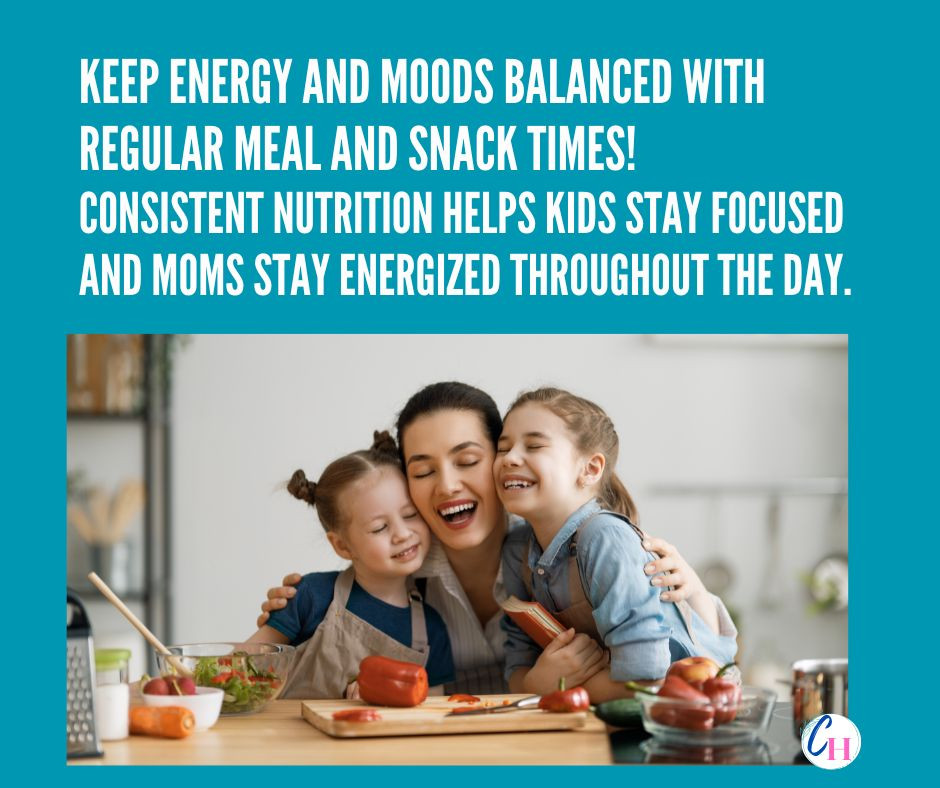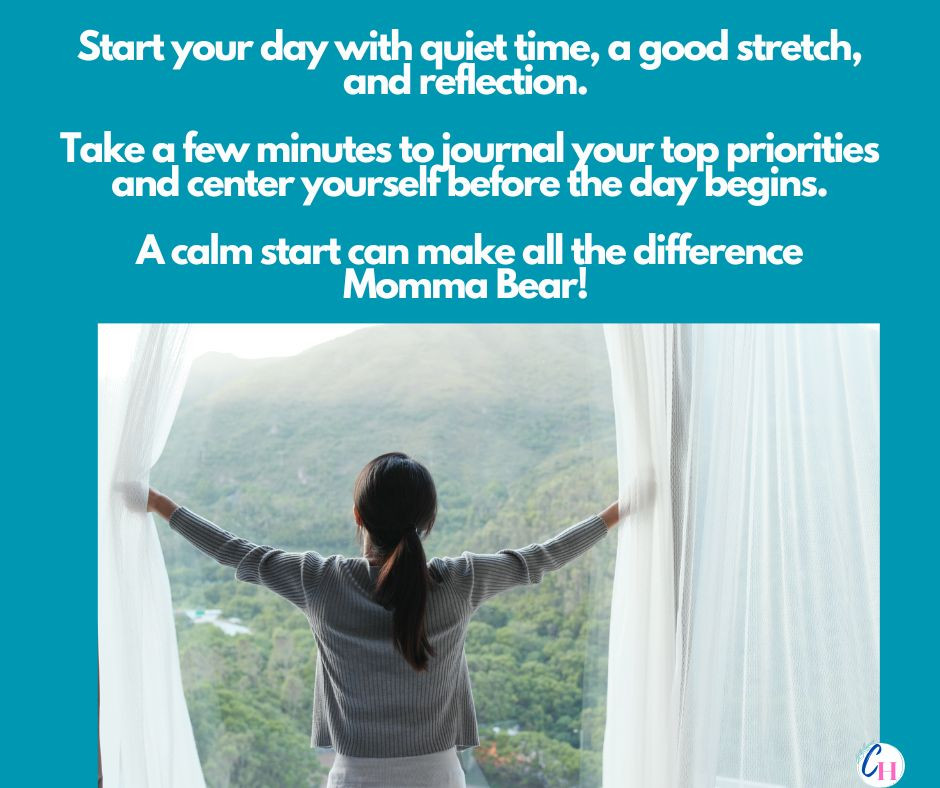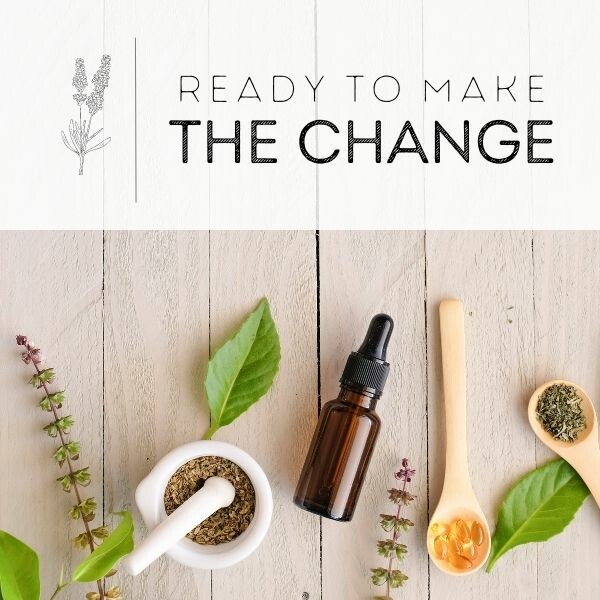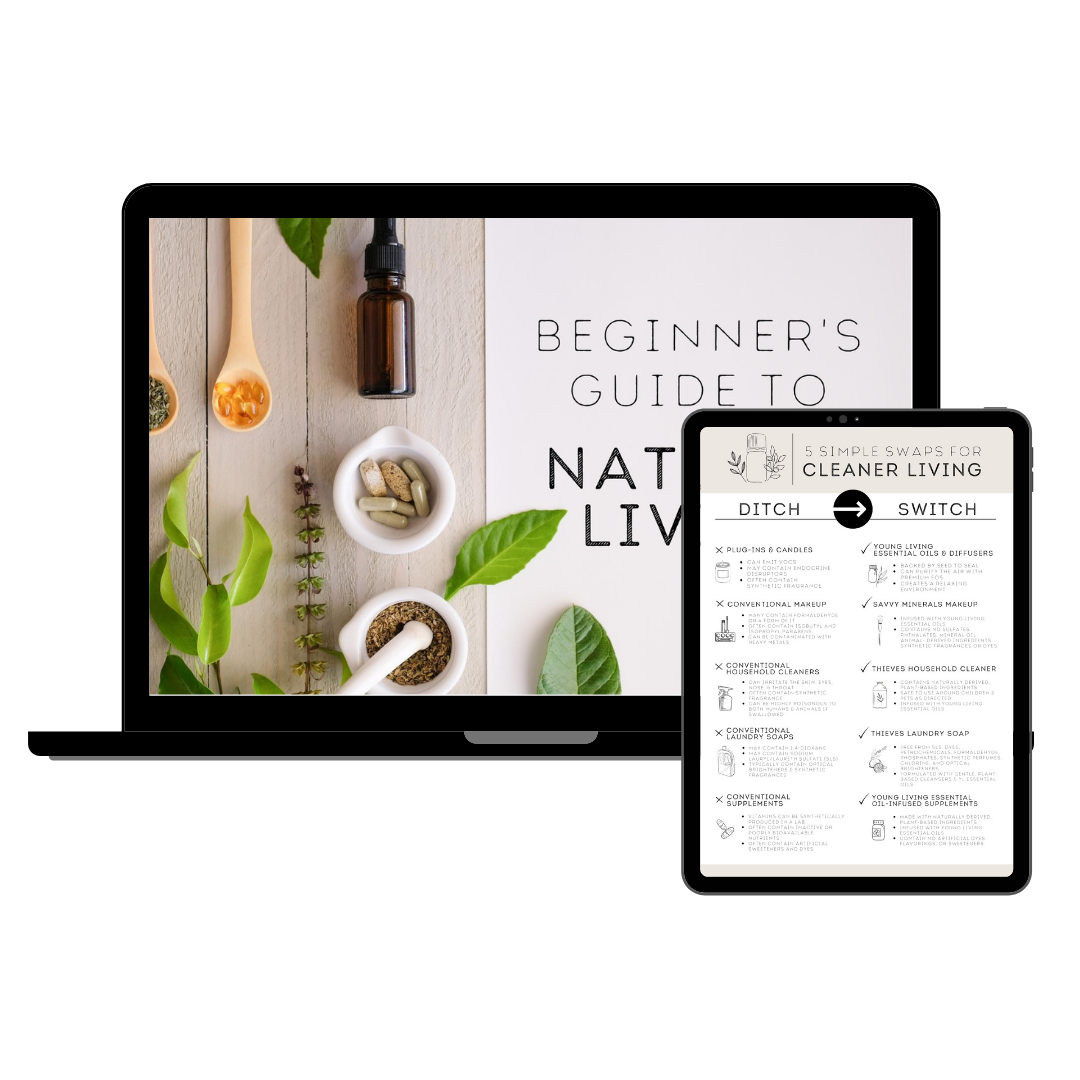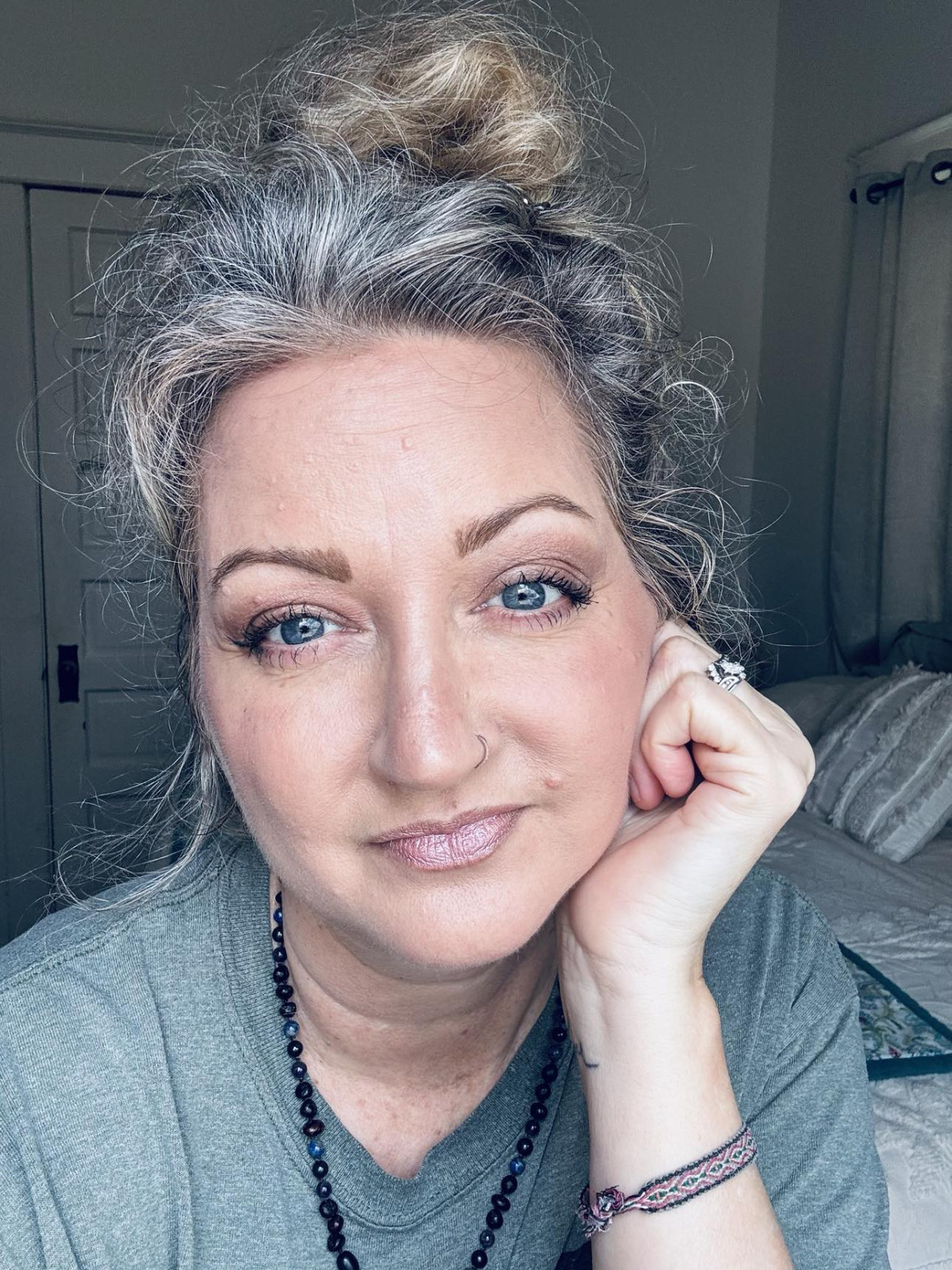
After uncovering the hidden hormone disruptors and undisclosed chemicals in most perfumes, many have abandoned traditional fragrances in favor of health and peace of mind. As a long-time user and educator of essential oils, it’s challenging to find perfumes that align with these values, yet recently, a new botanical-based fragrance line has emerged, aligning with the integrity and transparency upheld by trusted oil brands. This exciting option rekindles the joy of wearing perfume without compromising on safety.
The botanical fragrance set, perfect for those sensitive to traditional chemical scents, offers five gender-neutral compositions crafted with wild botanicals and organic non-denatured alcohol, free from synthetic ingredients. This discovery promises a refreshing scent experience that accommodates those mindful of every ingredient, without the hidden chemicals present in mainstream perfumes. Such an approach aligns seamlessly with health-conscious lifestyles, making it an ideal choice for those dedicated to clean living.
The fragrance set is available for pre-order and offers a chance to explore each unique scent before committing to a full-size option, bringing excitement back into wearing perfumes safely. With limited availability, this could be the perfect opportunity for individuals looking to embrace safer, more natural alternatives while enjoying delightful and diverse aromas. Sharing this clean fragrance solution can empower friends and family, supporting a community invested in mindful and healthy choices.
Read more...
Navigating your child's healthcare can be daunting, especially when you feel unheard or pressured during doctor visits. As a mom, you are the ultimate advocate for your child, and it's essential to feel empowered in medical settings. This article explores five vital questions that can transform your experience at your child's next appointment, ensuring you receive comprehensive information and maintain confidence in your decisions.
The first question encourages asking about the risks and benefits of any proposed treatment or procedure, emphasizing informed decision-making. Requesting the full vaccine insert can also provide essential details often missing from standard summaries. It’s vital to consider alternative ways to support your child's health, opening the discussion for holistic approaches that might complement conventional treatments.
The fourth question, pivotal for many, is about whether your healthcare provider will respect your choices, revealing the nature of your relationship with them. The final step is assessing how you respond to their answers, determining if they are a right match for your family's healthcare philosophy. Remember, your insight and understanding of your child are invaluable, and finding a supportive healthcare team that respects your advocacy is key to your child's wellness journey.
Read more...
In the journey of making informed decisions for our children's health, many moms feel the pressure of adhering to vaccine schedules without having adequate long-term safety data. Concerns arise from findings that most routine childhood vaccines were approved without long-term placebo-controlled trials, with some safety studies monitoring effects for only a few days. For instance, the Hepatitis B vaccine given at birth had a safety follow-up of just 4-5 days, leading parents to question the thoroughness of these safety assessments.
The current vaccine schedule recommends 72 doses by age 18, a stark increase from 24 doses in 1983. This surge happens despite the U.S. ranking low in child well-being compared to other wealthy nations. The aim isn’t to create fear, but to encourage parents to be informed of their options, including exemptions that might be available based on medical, religious, or philosophical grounds.
Moms should feel empowered to ask questions and trust their instincts when it comes to their child's health. Your role as a protector is crucial, and it's important to understand your rights, the requirements in your state, and make decisions that align with your beliefs and comfort levels. Listening to your maternal instinct is key, as it is your guiding light in safeguarding your child's well-being.
Read more...
Welcoming a newborn is a magical experience, and understanding the natural design of their bodies can enhance this journey. One significant aspect is delaying the first bath, allowing the vernix caseosa—a white, waxy coating on the baby’s skin—to work its magic. Acting as a natural protective layer, this substance is rich in oils, proteins, and antimicrobial properties that shield your newborn from potential infections.
Immediate skin-to-skin contact after birth is crucial, aiding in temperature regulation and stabilizing blood sugar levels in newborns. Such practices are not only instinctual but also scientifically supported, as shown in a 2020 study from the Journal of Obstetric, Gynecologic & Neonatal Nursing, which highlights benefits like increased exclusive breastfeeding rates and reduced low temperature instances. Additionally, exposure to beneficial bacteria during a vaginal birth provides a foundation for your baby's gut health and immune system.
Delaying your baby's bath for at least 12 to 24 hours also supports successful breastfeeding outcomes, as noted in research from the Cleveland Clinic. Should your newborn be a little messy post-birth, a simple wipe-down suffices, preserving the natural protective barrier of vernix. Remember, in a hospital setting, you have the right to request a delayed bath to ensure your baby enjoys all these early-life benefits naturally.
Read more...
As parents, making informed decisions about our children's health is paramount. This article sheds light on crucial aspects of the childhood vaccine schedule, challenging common assumptions about vaccine safety testing. It reveals that routine childhood vaccines are not subjected to the same rigorous, long-term placebo-controlled trials as other pharmaceutical drugs, and that many trials only monitor side effects for a short duration, potentially missing long-term issues.
The article also clarifies that the CDC's vaccine schedule is a recommendation, not a legal mandate, and that vaccine requirements differ by state with various exemptions available. It highlights the significant increase in the number of recommended doses since 1983, now totaling 72 by age 18. This expansion raises questions about the correlation between the vaccine schedule and overall child well-being, as the U.S. ranks poorly in child health despite its extensive vaccination program.
For parents seeking to make confident, informed choices, the article encourages further research and provides resources for deeper exploration. It invites readers to engage in the conversation and share their thoughts on the surprising facts presented, fostering a community of empowered decision-makers.
Read more...

